The amount of carbon dioxide emitted by human activity into the Earth’s atmosphere is about the equivalent of a grain of rice in a sack.
3 per cent of 0.04 per cent of the atmosphere is made up of carbon dioxide.
Were this uncontested fact widely known, would children still cry in fear of the dreaded Climate Change monster? Would this little inconvenient fact have driven different policies with different election outcomes?
You get up, get dressed, go to work (or school).
Already a subscriber? Log in
Subscribe for just $2 a week
Try a month of The Spectator Australia absolutely free and without commitment. Not only that but – if you choose to continue – you’ll pay just $2 a week for your first year.
- Unlimited access to spectator.com.au and app
- The weekly edition on the Spectator Australia app
- Spectator podcasts and newsletters
- Full access to spectator.co.uk


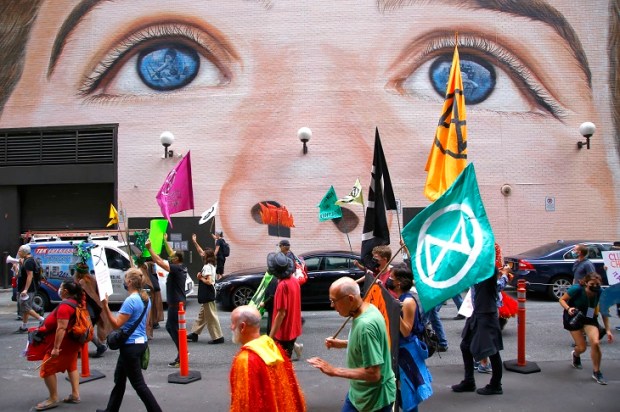
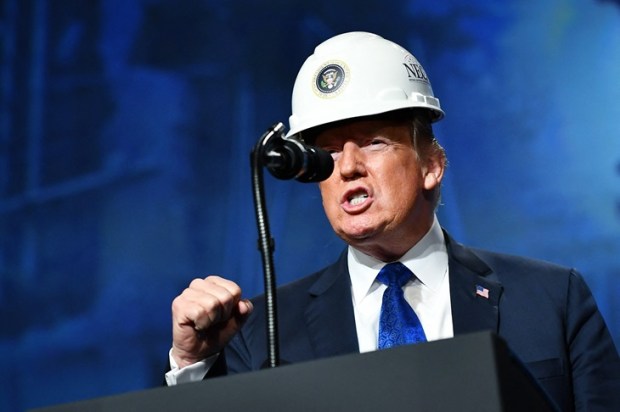
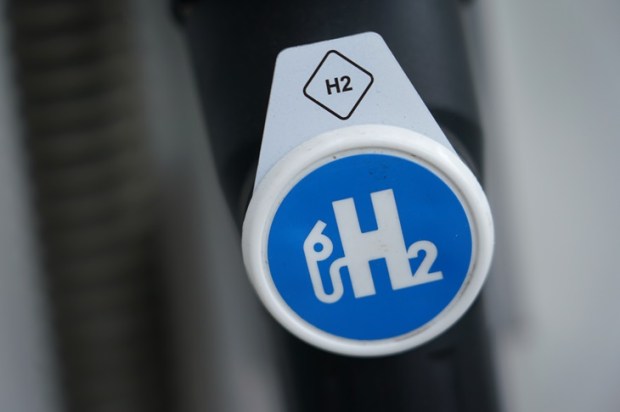
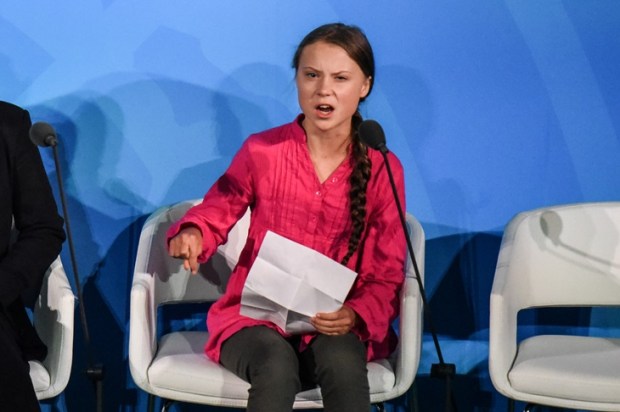
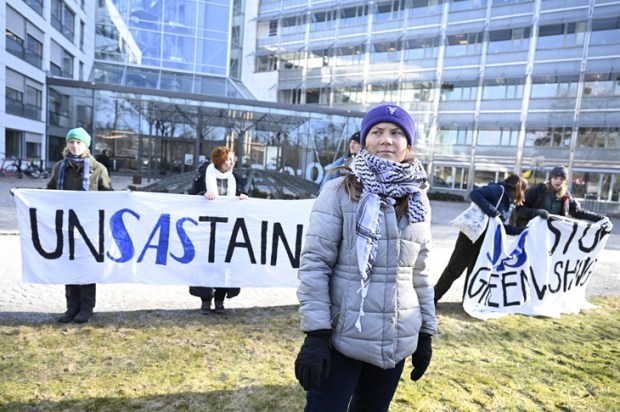
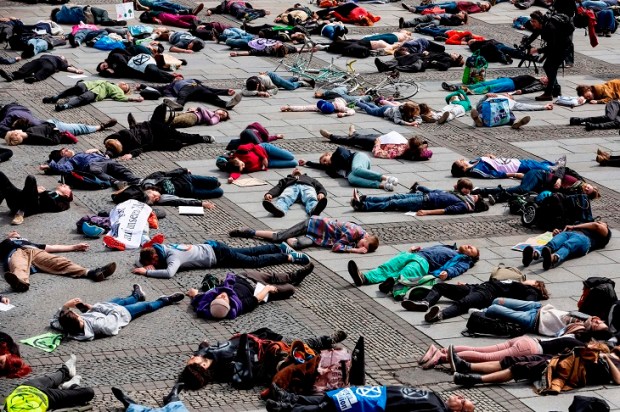


















Comments
Don't miss out
Join the conversation with other Spectator Australia readers. Subscribe to leave a comment.
SUBSCRIBEAlready a subscriber? Log in